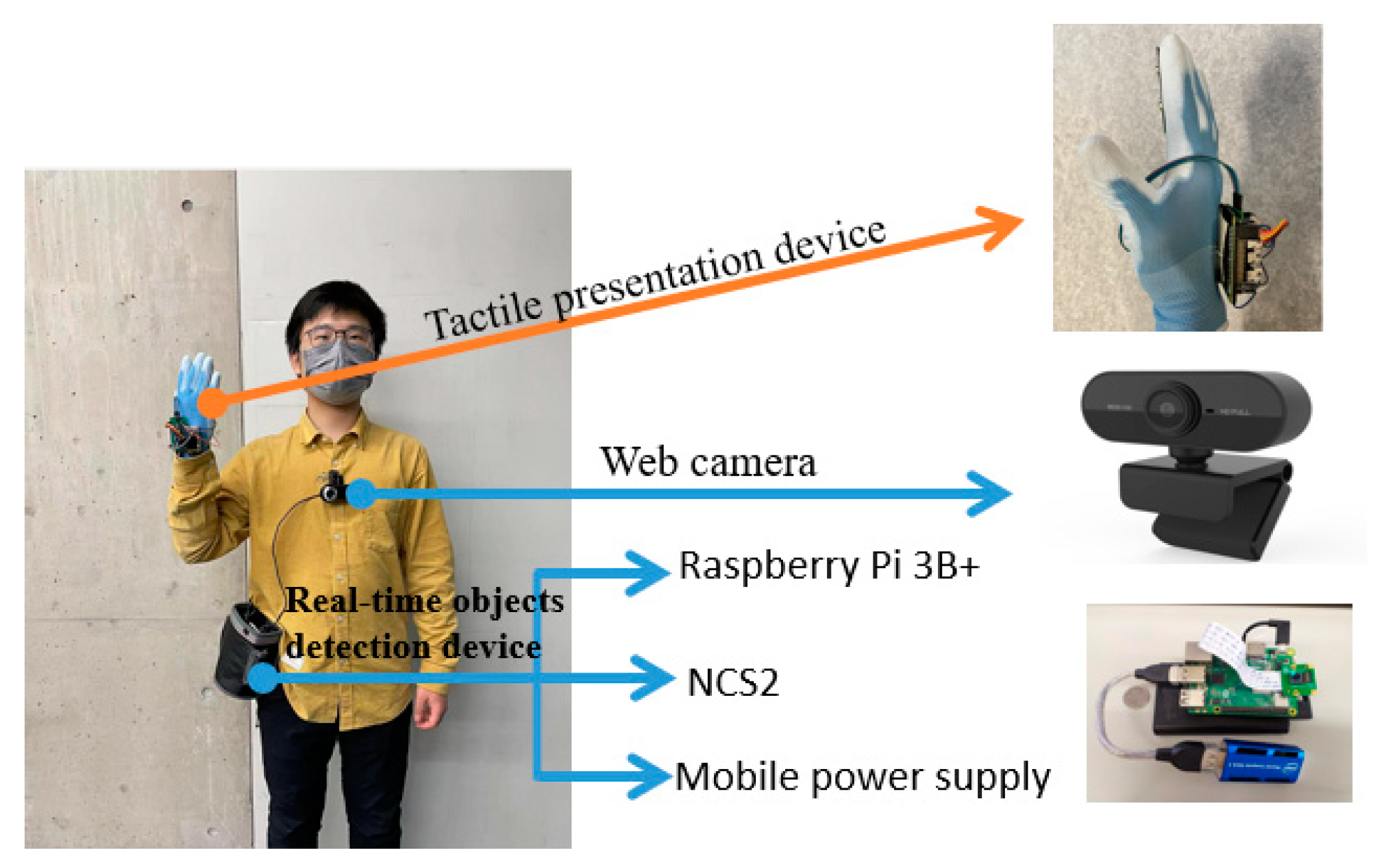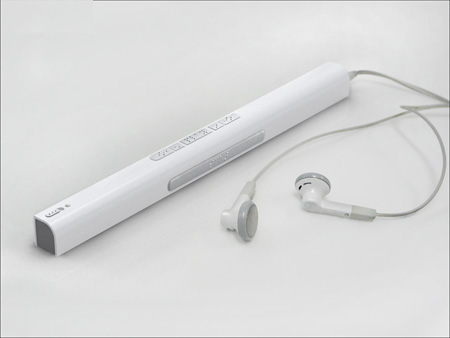Voice-Activated Assistive Devices: Simplifying Everyday Tasks
Voice-Activated Assistive Devices: Simplifying Everyday Tasks
Blog Article
Empowering Freedom With Assistive Modern Technology for the Blind
The combination of assistive innovation into the lives of individuals with visual disabilities represents a significant development in promoting freedom and self-sufficiency. From innovative display visitors to advanced smart walking canes, these tools not just improve everyday navigation and interaction however also encourage individuals to engage meaningfully in numerous elements of life. As we discover the myriad benefits and real-world applications of these technologies, it comes to be critical to take a look at the underlying variables that add to their performance and the capacity for future developments in this crucial field.
Review of Assistive Innovation

The advancement of assistive modern technology is grounded in concepts of inclusivity and empowerment. Advancements in software, equipment, and sensory enhancements give individuals with alternatives tailored to their specific requirements. From screen visitors that convert message to speech, to tactile tools that communicate details with touch, these tools change the way people engage with their environments.
Along with practical applications, assistive innovation fosters higher social inclusion and engagement in various industries, consisting of education and employment (OCR devices for the blind). As r & d remain to advance, the potential for assistive innovation to additionally enhance the lives of visually damaged people remains appealing, leading the way for a much more fair culture where everyone can grow
Types of Assistive Tools
A variety of assistive gadgets have actually arised to support people with aesthetic problems, each created to satisfy details needs and improve everyday performance. These gadgets vary from low-tech options to sophisticated developments, offering diverse alternatives for users.
Low-tech devices consist of magnifiers and large-print products that aid in analysis and writing. Braille devices, such as Braille stylus pens and slates, allow responsive reading and interaction. Alignment and mobility aids, like white canes, help individuals navigate their atmosphere safely.
On the greater end of the spectrum, electronic magnifying systems and display readers use considerable assistance. Digital magnifiers enable customers to enlarge text and pictures on displays, while display readers transform digital content right into manufactured speech, assisting in access to information on smartphones and computer systems.
Smart device applications additionally play an important function, supplying features like text acknowledgment and navigation assistance. Wearable modern technology, such as wise glasses furnished with enhanced reality, is emerging as an appealing device to improve situational recognition.
Benefits of Assistive Modern Technology
The assimilation of assistive innovation substantially enhances the top quality of life for individuals with aesthetic impairments. These technologies equip users by advertising independence, allowing them to navigate their environments a lot more efficiently and execute everyday tasks with higher ease. For circumstances, screen visitors and magnification software permit individuals to access electronic info, cultivating instructional and professional chances that might have previously been out of reach.
Furthermore, assistive devices such as wise walking sticks and general practitioners applications offer real-time navigation aid, enhancing wheelchair and safety and security. This increased autonomy not just improves self-confidence but additionally motivates social involvement, allowing users to get involved more totally in their areas.
Assistive modern technology also promotes interaction, assisting customers get in touch with others through voice acknowledgment and text-to-speech applications. This capacity is vital for maintaining relationships and accessing vital info.
Furthermore, the personalization choices available with many assistive technologies ensure that users can customize tools to their certain requirements, additionally improving functionality and efficiency. In general, the benefits of assistive technology for people with visual problems are extensive, advertising an extra comprehensive culture where every person can pursue their aspirations and goals.
Study and Success Stories
Highlighting the transformative effect of assistive technology, countless case research studies highlight how individuals with aesthetic impairments have effectively integrated these devices right into their every day lives. One compelling instance involves a college pupil that utilized screen reading software to browse on-line sources and scholastic materials effectively. This technology not only facilitated her education yet additionally enhanced her self-confidence in joining discussions and group projects.
An additional study includes a specialist that utilizes a smart device application made for navigation and things recognition. By using this app, he has actually gained back autonomy in both his personal and work environments, allowing him to commute independently and engage with colleagues better.
Additionally, a retired person shared her experience with braille e-readers, which enabled her to access a vast array of literary works and stay gotten in touch with her neighborhood with book clubs.
These success stories emphasize the crucial duty of assistive modern technology in promoting self-reliance, enhancing lifestyle, and advertising social assimilation for people with visual impairments (Mobility aids for visually impaired users). By embracing these cutting-edge devices, users can overcome obstacles and take chances that add to single vision glasses their individual and specialist gratification

Future Patterns in Assistive Innovation
Technology in assistive modern technology is positioned to redefine the landscape of assistance for individuals with visual impairments. Emerging fads stress the assimilation of man-made knowledge (AI) and artificial intelligence, which enhance the functionality of tools that help with navigation and information ease of access. AI-driven applications are now capable of analyzing aesthetic information in real-time, best eye glasses making it possible for users to involve with their setting a lot more individually.
Moreover, the advancement of wearable technology is progressing swiftly. Smart glasses furnished with increased truth (AR) can give audio descriptions of environments, transforming how users engage with public spaces. These devices not just advertise autonomy but likewise foster social incorporation.
Additionally, the Web of Points (IoT) is making homes smarter, allowing for seamless connectivity in between assistive tools and daily devices. This connectivity empowers individuals by allowing computerized actions and voice-activated controls tailored to private demands.
Verdict
To conclude, assistive innovation plays an essential duty in encouraging individuals with visual impairments by enhancing their independence and interaction with their surroundings. The diverse variety of applications and tools available not only facilitates navigation and interaction but also promotes social integration and possibilities for specialist and individual development. As innovations proceed in this area, the possibility for enhancing the top quality of life for those with aesthetic disabilities will broaden, fostering greater autonomy and empowerment.

Report this page